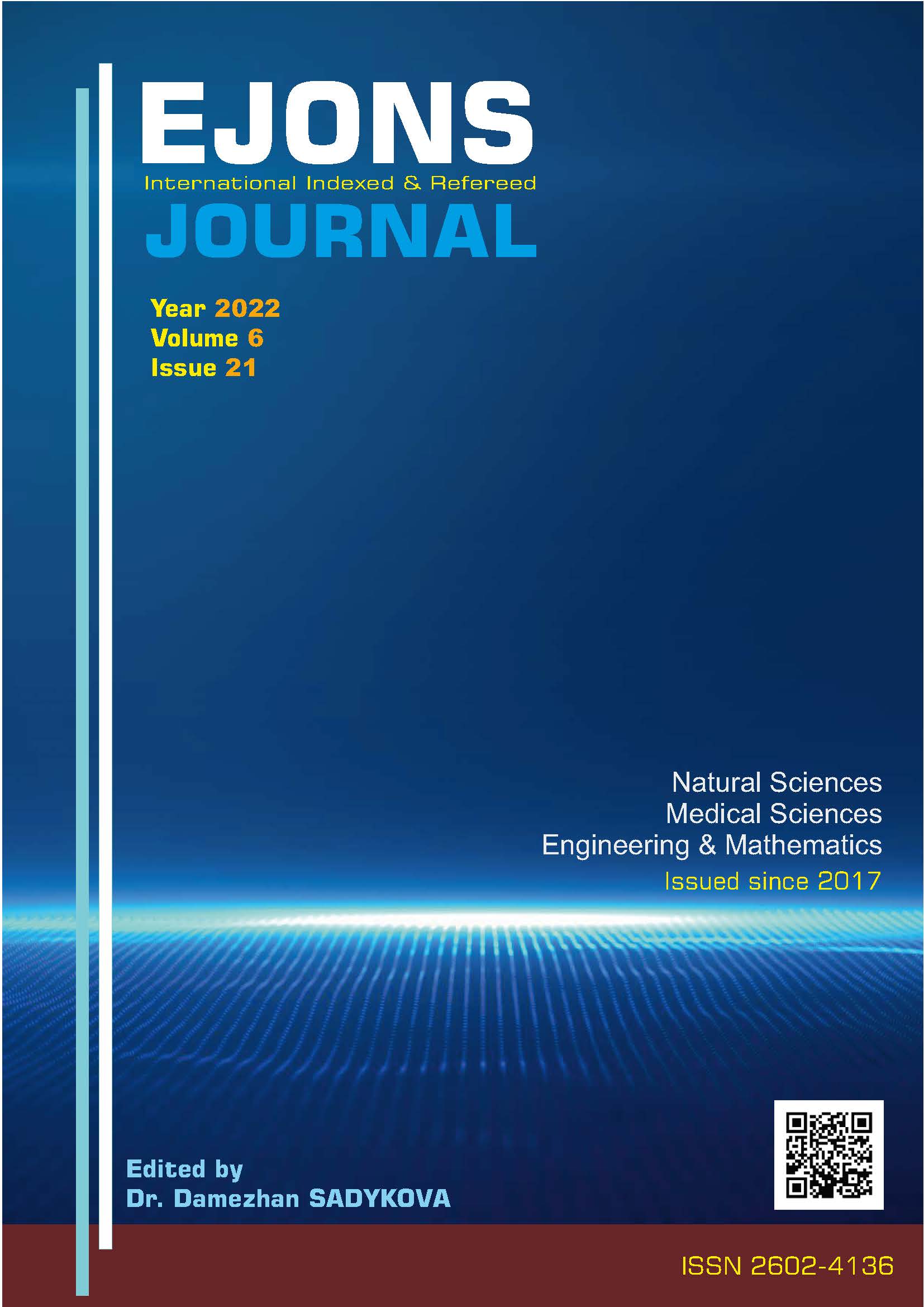PERSPECTIVES ON CANCER OF DIABETIC AND/OR OBESIC INDIVIDUALS
DOI:
https://doi.org/10.38063/ejons.558Keywords:
Family medicine, internal medicine, cancer screenings, cancer risk factors, Type 2 Diabetes, obesityAbstract
Aim: To evaluate the awareness of the increased cancer risks of obese or diabetic individuals who applied to the Family Medicine and Internal Medicine outpatient clinic. Materials and Methods: 500 patients with Type 2 Diabetes or obesity who applied to the Istanbul Medeniyet University Family Medicine and Internal Medicine outpatient clinic between March 2021 and June 2021 were included and analyzed cross-sectionally. Questionnaires prepared by the researcher using face-to-face interview method and prepared in the light of the literature were filled in order to evaluate the level of knowledge, attitudes and behaviors about increased cancer risk awareness and cancer screening tests. Sociodemographic characteristics and anthropometric measurements of the patients were taken. Results: There were 346 female and 154 male participants in our study. Of the participants, 81 (16.2%) people were normal or underweight, and 419 (83.8%) were obese. Among the participants, 339 (67.8%) people were diagnosed with diabetes. The rate of checking the stool for occult blood in women was significantly higher (p<0.001). There was no significant difference between genders in the rates of colonoscopy. In general, the number of participants who were screened for any cancer (at least one cancer) was 349 (69.8%). This rate was 88.4% with 306 people in women, 27.9% with 43 people in men, and it was significantly higher in women (p<0.05). The rate of cancer screening was 85.3% in those with a family history of cancer, 64.4% in those without, and it was significantly higher in those with a family history (p<0.05). While 83 (90.2%) of 92 people who were informed about cancer screening had screening, it was observed that 266 (65.2%) of 408 people who were not informed had cancer screening, and this difference was statistically significant (p<0.05). Conclusion: It was observed that the interest in cancer screening was higher in women and people who were informed. As a result, it is very important to raise awareness by conducting educational and promotional activities to people with low education levels in the fight against cancer.
Downloads
Published
How to Cite
Issue
Section
License

This work is licensed under a Creative Commons Attribution-NonCommercial 4.0 International License.


